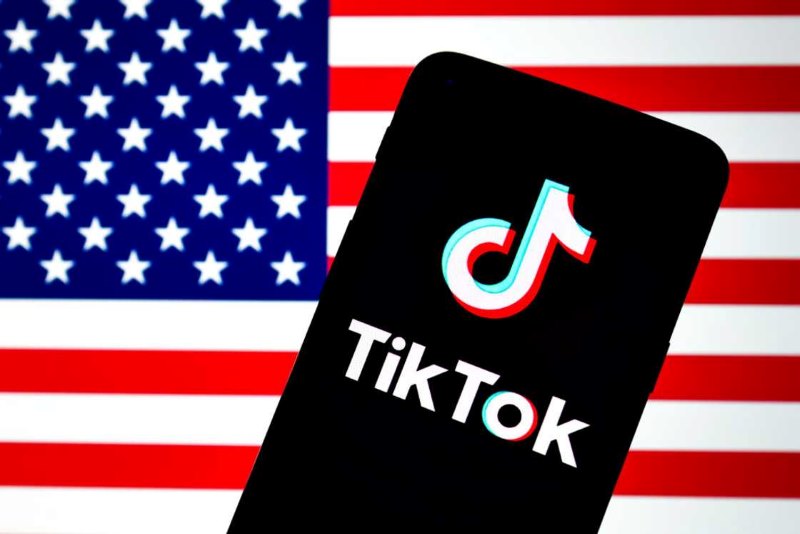Technology
White House Faces Crucial Decision on TikTok’s U.S. Future Amidst Looming Deadline
TikTok’s U.S. future situation has escalated into a dramatic spectacle the white house’s. with a saturday deadline approaching for the app to sever ties with its Chinese parent company, or face a potential U.S. ban, uncertainty reigns over how this separation might unfold. Major players such as Amazon, Andreessen Horowitz, and Blackstone have entered the increasingly competitive field of potential buyers, raising the stakes.
A Deal on the Table ByteDance and Its Algorithm
Recent reports suggest investors may be crafting a deal that allows ByteDance, TikTok’s Beijing-based parent company, to retain control of the app’s influential recommendation algorithm. If this deal proceeds, questions remain about how it would address the main concern behind the ban: the potential manipulation of content shown to TikTok’s 170 million American users. While this arrangement might suit Beijing, it does little to alleviate fears in the U.S., where concerns over the algorithm persist.
Trump’s Stance Tariffs, TikTok, and Tough Decisions
The deadline’s timing is noteworthy, arriving shortly after President Trump imposed severe tariffs on China as part of his “Liberation Day” initiative. Recently, Trump hinted at offering China “a slight reduction in tariffs” in exchange for a TikTok deal. This possibility of extending the deadline—likely to happen—raises the stakes further. However, such a move would represent an extraordinary executive overreach, bypassing both Congress and the judiciary.
Beijing’s Silence and the Global Impact
While the U.S. side has been vocal in recent weeks, Beijing and ByteDance have remained silent. Trump’s determination to strike a TikTok deal, rather than allowing the issue to unfold through legal or private channels, strengthens America’s geopolitical adversary. By agreeing that tariff reductions “sound like something I would do” to seal the deal, Trump may be inadvertently conceding control to Beijing.

Canada Responds to U.S. Auto Tariffs with New 25% Levy on U.S.-Made Vehicles
In response to U.S. President Donald Trump’s automobile tariffs, Canadian Prime Minister Mark Carney declared a 25% counter-tariff on U.S…
China’s Response No Victory in Sight for Xi
Despite Trump’s willingness to make tariff concessions, President Xi Jinping is unlikely to view this as a victory. With TikTok unavailable in China, Xi has no incentive to cater to American users. State-run media have made it clear that China sees the situation as a precedent, potentially exposing other companies to U.S. “exploitation.”
National Security and Tariff Agendas Collide
The central question has shifted from “What will it take for Beijing to relinquish TikTok?” to “What will it take for Trump to let go of the issue?” By sidestepping national security concerns to pursue his tariff agenda, Trump risks undermining the very legitimacy of those concerns.
Algorithm Transparency A Path Forward
Amid last-minute buyers, questions arise about protecting American users. Allowing ByteDance to retain algorithm control reduces privacy concerns. However, it doesn’t resolve algorithmic manipulation issues. Extending the deadline won’t address these core problems.
Douyin’s Transparency Push and the Need for U.S. Action
ByteDance’s Chinese counterpart, Douyin, faces pressure to improve transparency in content recommendation and moderation practices. China’s regulatory approach, while stifling innovation, addresses concerns like digital safety for young users. In contrast, Washington’s Big Tech regulations remain inconsistent and ineffective. U.S. lawmakers should prioritize algorithmic transparency to tackle broader concerns about digital harm.
The TikTok Dilemma
Lawmakers’ support for TikTok legislation last year was surprising, given their history of failing to regulate social media effectively. Trump’s ability to delay decisions and use the issue as leverage in tariff negotiations leaves the fate of an app used by millions in the hands of Beijing. The outcome remains uncertain, but one thing is clear: this high-stakes drama is far from over.


